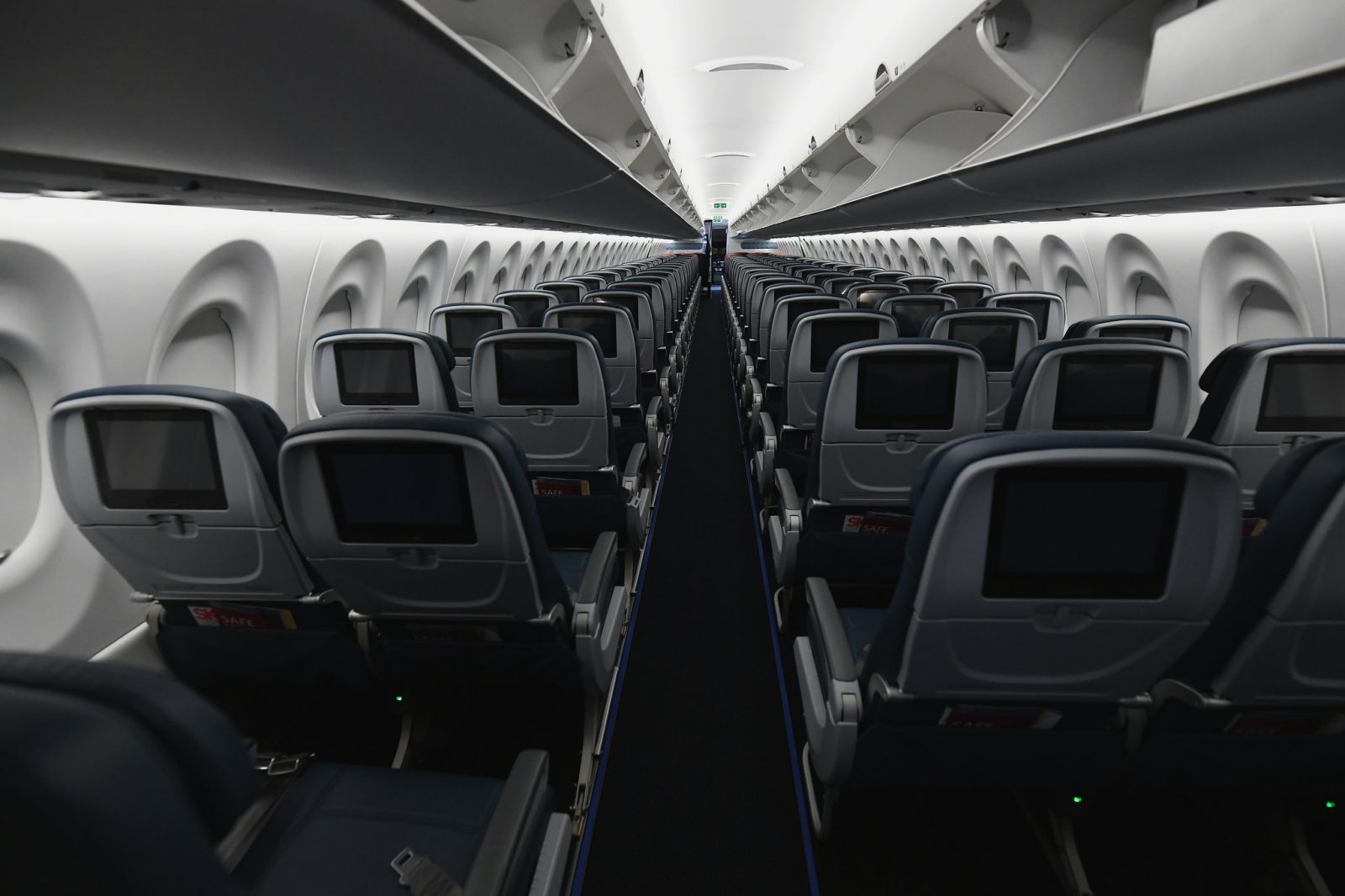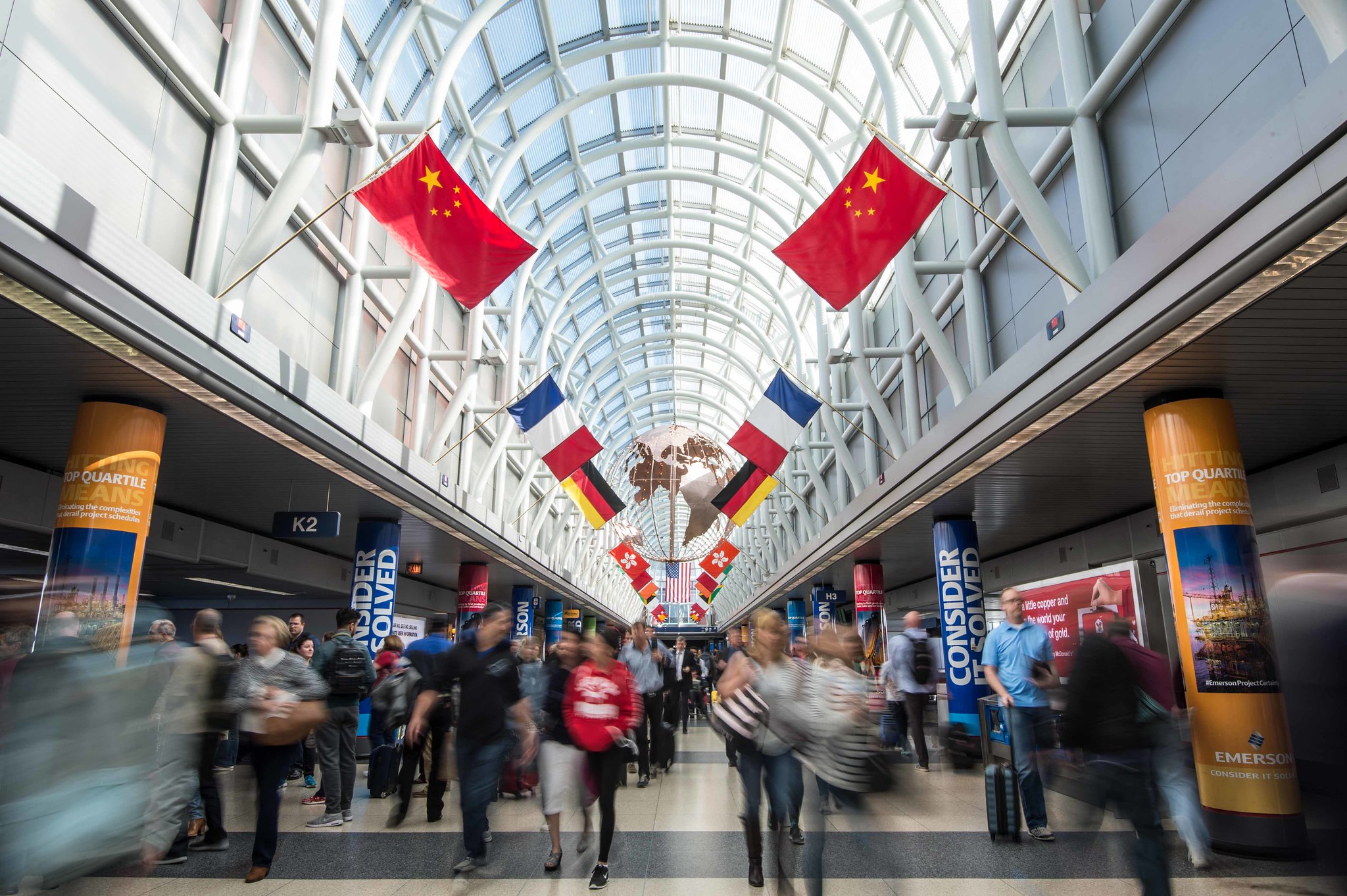
The tragic story of a young man who died of a drug overdose onboard a cross-country Delta Air Lines flight from Boston to Los Angeles made headlines last week for all the wrong reasons. His death was terrible – found with a needle sticking out of an arm, unconscious and slumped in one of the plane’s lavatories as it made its descent into LAX.
But as terrible as this man’s death was, it most certainly wasn’t unusual. According to the Centers for Disease Control (CDC), In 2016, more than 42,000 people died as a result of an opioid overdose – shockingly, drug overdoses have since become the leading cause of death of Americans under 50.
What makes this case unusual isn’t just the fact that it happened on a plane but unlike emergency services on the ground, flight attendants don’t have access to a potentially life-saving drug called naloxone – or more commonly referred to as Narcan.
So good is Narcan at counteracting the effects of an Opioid overdose that the FDA-approved nasal spray has been used in emergency rooms for over 40-years. Many healthcare professionals realise that early access to Narcan is a critical component in the emergency treatment of an Opioid overdose – so much so that the drug is now routinely carried by many law enforcement agencies and other basic life support providers.
A single dose of Narcan could revive someone for as much as 20-minutes – just enough time to divert and land a plane and get professional medical assistance. In last week’s case, it took Paramedics just 10-minutes to get on board the plane after it touched down in Los Angeles. But without access to Narcan, that wasn’t fast enough for the victim.
Eyewitnesses say he was stretchered off the plane in a body bag.

Flight attendants and healthcare professionals onboard the plane tried in vain to help the man. They carried out CPR and attached a defibrillator but as one doctor said out during this time: “What we need is Narcan, and there’s no Narcan.”
What’s surprising though, is that safety advocates have been calling for Narcan to be made a compulsory item of onboard First Aid equipment for several years. Only last March, the Association of Flight Attendants (AFA) again called on the FAA to make naloxone a standard-issue medical item.
“Passenger medical emergencies have and will continue to include opioid overdoses. Unfortunately, passengers may die from opioid overdoses on aeroplanes from the sheer lack of access to naloxone,” AFA said in an open letter to the FAA – how right that prediction turned out to be.
Delta now says it will start including Narcan in its medical kits although it’s not clear when the process of stocking the drug across its entire fleet will be complete. American Airlines has also been rolling out Narcan since last December, although only healthcare professionals will be allowed to administer the drug.
Unfortunately, stocking Narcan remains completely up to the discretion of the airline and there are still plenty of airlines that don’t yet stock this drug.
Mateusz Maszczynski honed his skills as an international flight attendant at the most prominent airline in the Middle East and has been flying ever since... most recently for a well known European airline. Matt is passionate about the aviation industry and has become an expert in passenger experience and human-centric stories. Always keeping an ear close to the ground, Matt's industry insights, analysis and news coverage is frequently relied upon by some of the biggest names in journalism.







